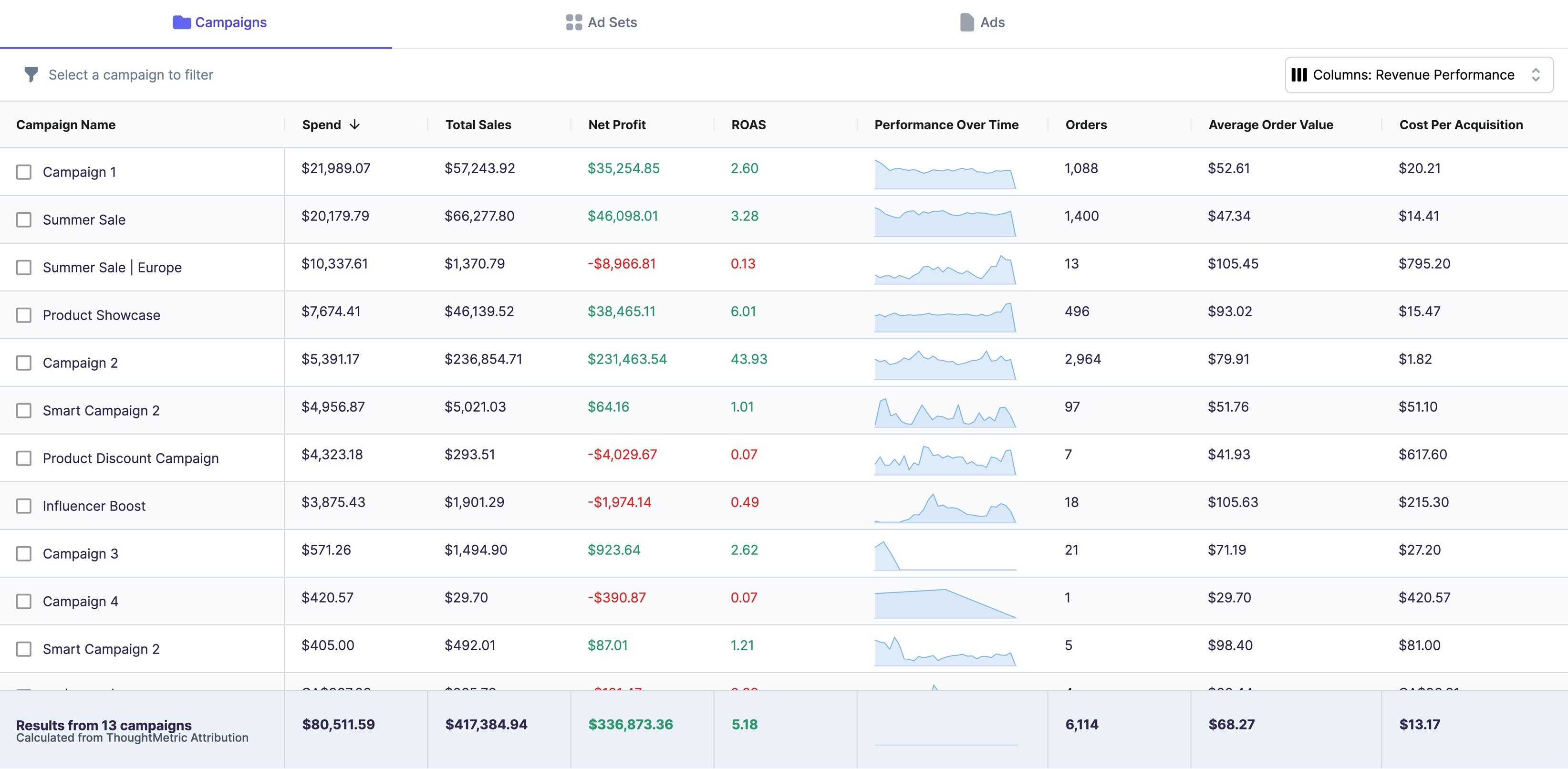Are you looking to get the most out of your Google Ads campaigns? Then start with keyword research. Keyword research is the foundation of any successful Google Ads campaign, and it can help you understand your target audience and reach them effectively. In this guide, we'll take you step-by-step through the process of keyword research for Google Ads.
Understanding the Importance of Keyword Research for Google Ads
Before we dive into the nitty-gritty of keyword research, it's important to understand why it's so crucial for Google Ads success.
Why Keyword Research Matters
Keyword research forms the basis of your advertising strategy. Simply put, it's impossible to create effective Google Ads campaigns without knowing what keywords to target. Keyword research will help you understand what your target audience is searching for and how you can reach them through Google Ads.
Setting Goals for Your Google Ads Campaign
Before you begin your keyword research, it's important to set goals for your Google Ads campaign. This will help you to stay focused and on-track throughout the process. Consider what you hope to achieve with your campaign, whether it's increased website traffic, more leads, or higher sales. Having clear goals in mind will help you determine the most relevant keyword targets for your campaign.
Getting Started with Google Ads Keyword Research
Keyword research is a crucial step in any successful Google Ads campaign. By identifying the right keywords, you can ensure that your ads are shown to the right people at the right time, increasing your chances of conversions and sales.
Now that you understand the importance of keyword research, let's dive into the process itself. One of the best tools for conducting keyword research is the Google Ads Keyword Planner. This tool allows you to find relevant keywords and see how often they're searched for, as well as how competitive they are.
Creating a Google Ads Account
If you haven't already, you'll need to create a Google Ads account to access the Keyword Planner tool. To create an account, simply go to the Google Ads website and follow the sign-up instructions. Once you've created your account, you'll have access to the Keyword Planner as well as other useful features like ad creation and performance tracking.
It's important to note that while creating a Google Ads account is free, you will need to set a budget for your campaigns and pay for the clicks your ads receive.
Familiarizing Yourself with the Google Ads Interface
Once you've set up your account, take some time to familiarize yourself with the Google Ads interface. The interface can be a bit overwhelming at first, but it's important to understand how to navigate through the platform and access the features you need for your keyword research.
One of the first things you'll see when you log in to your account is the dashboard. This is where you can view your campaigns, ad groups, and ad performance. You can also create new campaigns and ads from this page.
Another important feature to familiarize yourself with is the Keyword Planner. This tool allows you to search for keywords related to your business or industry and see how often they're searched for, as well as how competitive they are. You can also use the Keyword Planner to get ideas for new ad groups and campaigns.
Overall, taking the time to learn the ins and outs of the Google Ads interface will help you to create more effective campaigns and get the most out of your keyword research.
Identifying Your Target Audience
The first step in any successful Google Ads campaign is understanding your target audience.
Defining Your Ideal Customer
Start by creating a profile of your ideal customer. This should include demographic data such as age, gender, and location, as well as psychographic data like interests, hobbies, and habits. Use this information to guide your keyword research efforts and choose keywords that will resonate with your target audience.
Understanding Your Audience's Search Intent
Now that you have a clearer picture of your target audience, it's time to consider their search intent. This refers to the reasons behind their Google searches. Are they looking for information, products, or services? Are they ready to buy or still in research mode? Understanding your audience's search intent will help you to choose keywords that align with their needs and interests.
Brainstorming Initial Keyword Ideas
Now that you understand your target audience and their search intent, it's time to start brainstorming keyword ideas.
Analyzing Your Competitors' Keywords
One way to get started is by analyzing your competitors' keywords. Use tools like SEMrush and Ahrefs Keywords Explorer to see what keywords your competitors are targeting and ranking for. This can give you a starting point for your own research and help you to identify any gaps in your own keyword strategy.
Utilizing Google's Autocomplete Feature
Another useful tool for generating keyword ideas is Google's autocomplete feature. Type a relevant keyword into the Google search bar and see what suggestions come up. This can give you insight into what people are searching for and help you to generate relevant keyword ideas.
Exploring Related Searches and Google Trends
You can also use Google Trends and related search queries to generate additional keyword ideas. Google Trends will show you how search volume for a particular keyword has changed over time, while related search queries will provide you with additional relevant search queries to explore.
Using Keyword Research Tools
Finally, it's time to use keyword research tools to fine-tune your list of potential keywords.
Google Keyword Planner
The Google Keyword Planner tool is the most popular option for keyword research. It allows you to see monthly search volumes, competition levels, and suggested bids for each keyword. Use this data to narrow down your list of potential keywords and identify the most valuable targets for your campaign.
SEMrush
SEMrush is another popular keyword research tool. It can help you to identify your competitors' top-performing keywords, as well as provide you with additional keyword ideas based on your target audience and their search behavior.
Ahrefs Keywords Explorer
Ahrefs Keywords Explorer is a comprehensive keyword research tool that allows you to analyze search volume, keyword difficulty, and other data points to identify the best keywords for your campaign.
Ubersuggest
Ubersuggest is a free keyword research tool that provides you with keyword ideas based on your search query. It includes data on search volume, competition, and search trends to help you refine your keyword list.
With these tools at your disposal, you should be able to identify a list of valuable keywords for your Google Ads campaign. Remember to stay focused on your campaign goals and your target audience's needs and interests as you choose your keywords. Good luck!

